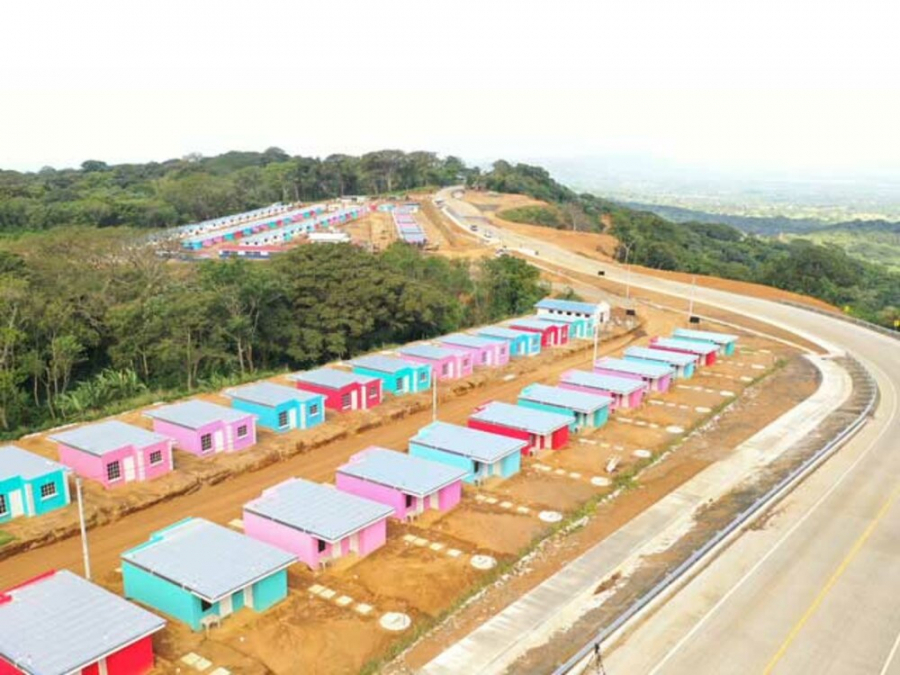It is estimated that Central America has approximately 13 million homes and a housing deficit of 53%; in other words, 5.3 out of every 10 homes have a lack of infrastructure, in addition to the fact that it is the second fastest urbanizing region in the world, only surpassed by Africa.
For this reason, the Central American Bank for Economic Integration (CABEI) supports the efforts of both governments and the private sector to promote projects that facilitate access to decent housing as an effective means to promote human development in line with its Institutional Strategy and based on the Central American Housing and Human Settlements Strategy (ECVAH) of the Estrategia Centroamericana de Vivienda y Asentamientos Humanos (ECVAH), as well as the strategic guidelines of UN Habitat for 2030.
In this way, CABEI has executed the Programa Centroamericano de Vivienda y Desarrollo de Hábitat Sostenible (VIDHAS) in the region since 2015, with which it has sought to channel resources that enable hundreds of Central Americans to fulfill their dream of owning their own home.
VIDHAS has had two major investment components: Direct Public and Intermediated, and US$1.007 million have been approved over the last eight years.
The program was designed under three main principles:
- Visualization of habitat as housing and its environment.
- Creation of socially inclusive cities based on housing.
- Promotion of sustainable housing and environments.
Translated by: A.M
 English
English  Español
Español 
